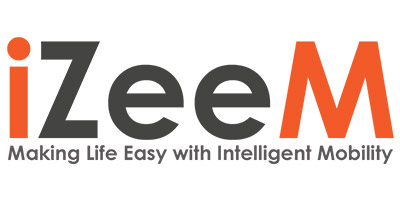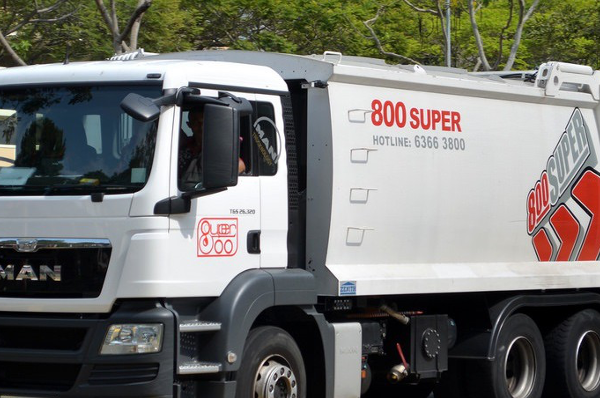
The Need For Smart Waste Management
In Part 1 of this 3 series article, we established that Singapore generates around 8,559 tonnes of waste daily (recorded in 2018) and discussed the current challenges of waste management. Therefore, it is important for Singapore to adopt advanced technologies to streamline processes, cut costs and create a better system for handling waste.
How is waste usually managed?
In Singapore, public waste collectors (PWCs) are appointed by the National Environment Agency (NEA). Typically, the collection service will travel a fixed route with a routine schedule and empty trash regardless of whether it has reached its maximum capacity. This manual method of collection is inefficient and lacks the visibility required for effective waste management. By implementing IoT and advanced technologies, waste management practices can be made more efficient and reduce costs.
Here are 3 reasons why you should adopt smart waste management.
1. Tracking waste bins and compactors
Implementing sensors to track location, capacity (real time weight or fill level), operating incidents and collection status enable predictive analysis and allows for rescheduling and optimizing routes for better efficient use of resources. This will improve customer experience and enhance overall public hygiene and health level.
2. Optimise fleet resources
With accurate GPS tracking, you get real time information on driver routes and vehicle records. Tapping on this information allows you to optimize driver routes, resulting in better fuel efficiency and reduced costs. The database of information can also generate easy to read reports so that you can make quick decisions during crucial moments.
3. Improve driver management
By monitoring driver behaviour and understanding driver behaviour patterns, unsafe driver habits can be identified early on and road accidents can be prevented. Furthermore, greater transparency of driver activities is likely to make drivers more accountable for their road driving behaviour. This makes managing your employees easier and reduces the rate of accidents in the long run, thus resulting in reduced costs and higher productivity.
This is Part 2 of a 3 series blog on smart waste management, follow this space for more!




Recent Comments